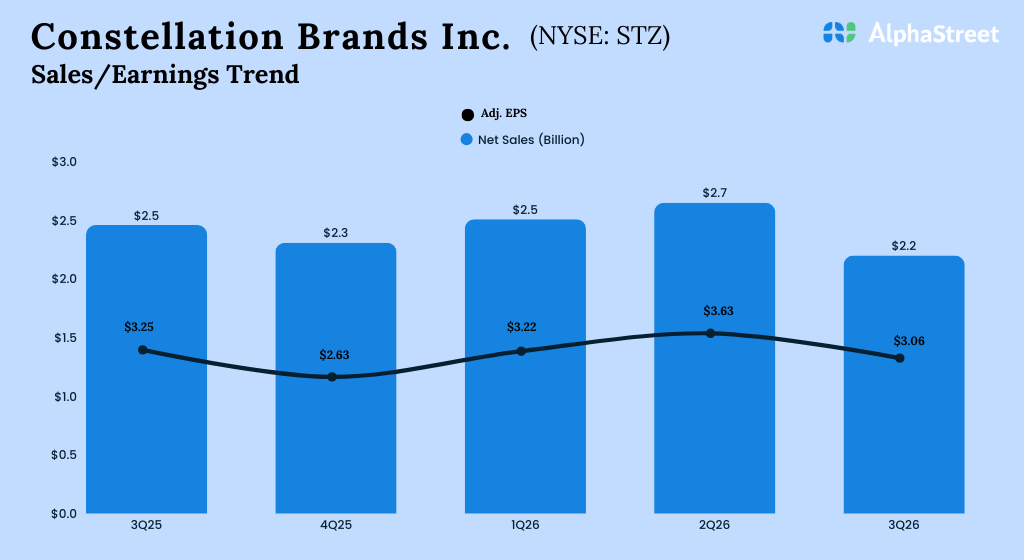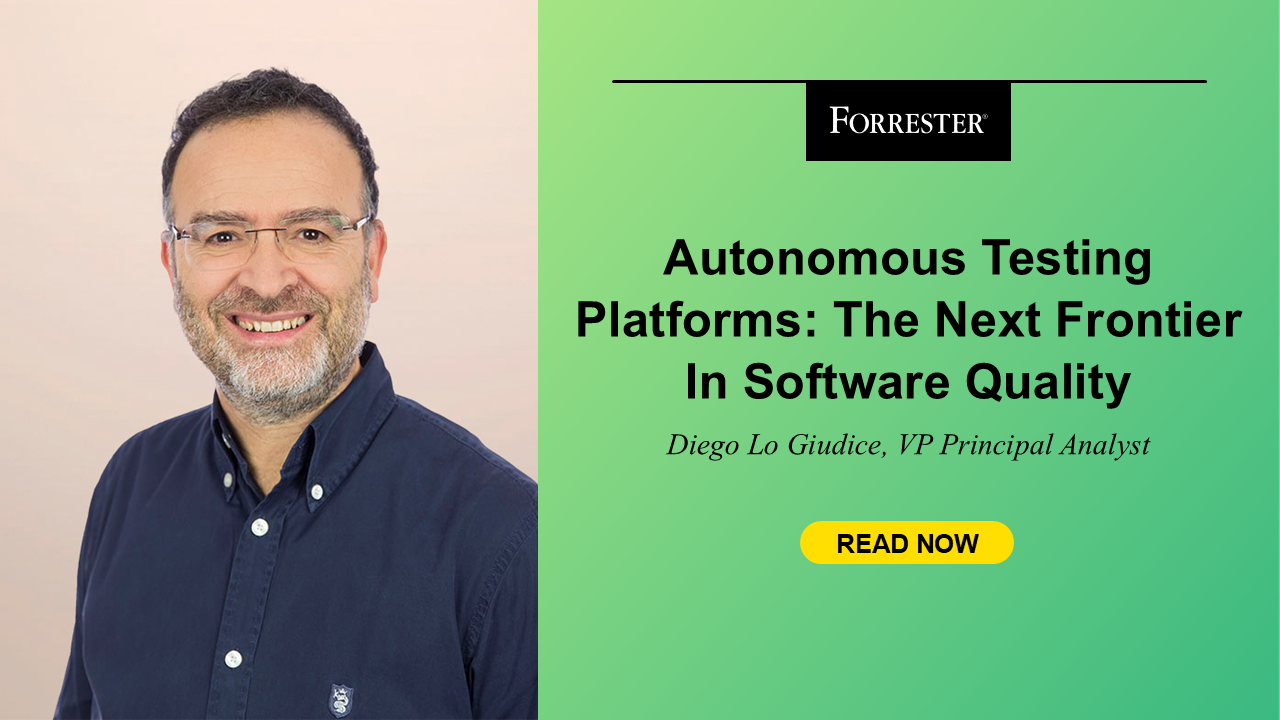if a taxpayer owes taxes to the IRS and other debts that might push them toward bankruptcy, is it beneficial to pay the IRS first? What if the taxes are not dischargeable in bankruptcy given the various timing rules? Would this change the answer?
For individuals, the bankruptcy process involves the appointment of a trustee. The trustee’s primary role is to collect and liquidate the debtor’s non-exempt assets and distribute the proceeds to creditors. Bankruptcy trustees routinely try to recover assets transferred by debtors prior to bankruptcy. This includes trying to “claw back” tax payments the debtor or taxpayer made to the IRS.
Trustees typically rely on state fraudulent transfer laws as the basis for these recovery actions. But what happens when the IRS is the entity receiving the payment? Can a bankruptcy trustee use state law to recover payments made to the IRS, or does sovereign immunity block such claims?
The case of United States v. Miller, No. 23-824 (U.S. Mar. 26, 2025), provides an opportunity to consider this issue. This is a Supreme Court decision that can impact whether or not to pay the IRS prior to filing bankruptcy or whether bankruptcy is even an option that should be considered by those who have paid significant amounts to the IRS.
Before getting into this issue, it should be noted that this is similar to but factually different than planning for tax refunds in bankruptcy, as there is no IRS refund to recover as the taxes were legally due in these situations.
Facts & Procedural History
The taxpayer in this case was a Utah-based transportation business. Prior to filing for bankruptcy, two of the company’s shareholders misappropriated approximately $145,000 of company funds to pay their personal federal income tax obligations. The company received nothing in return for these payments.
Three years after these transfers occurred, the company filed for bankruptcy. Shortly after his appointment, the bankruptcy trustee filed suit against the United States under Section 544(b) of the Bankruptcy Code, seeking to avoid the tax payments made to the IRS.
The company was insolvent when the transfers were made. The trustee cited Utah’s fraudulent transfer statute as the “applicable law” for his Section 544(b) claim. He argued that the payments would be voidable under that law because the company was insolvent and received no value in return.
The government moved for summary judgment, arguing that the trustee could not satisfy Section 544(b)’s “actual creditor” requirement because, outside of bankruptcy, any creditor’s fraudulent transfer claim against the United States under Utah law would be barred by sovereign immunity. The Bankruptcy Court rejected this argument and ruled for the trustee, holding that Section 106(a) of the Bankruptcy Code waived the government’s sovereign immunity for both the Section 544(b) claim itself and the underlying state law claim.
The District Court adopted the Bankruptcy Court’s decision, and the Tenth Circuit affirmed. The case then proceeded to the Supreme Court on the government’s petition for certiorari.
The Bankruptcy Code’s Avoidance Powers
Section 544 of the Bankruptcy Code authorizes bankruptcy trustees to recover assets for the bankruptcy estate. These “avoidance powers” serve multiple objectives: they help maximize the value of the estate by recovering assets that might otherwise be lost, and they promote equal treatment of creditors by preventing preferential transfers outside the formal bankruptcy process.
Section 544 contains two distinct avoidance mechanisms. Under Section 544(a), known as the “strong-arm” provision, a trustee can avoid transfers that would be voidable by certain hypothetical creditors. This applies “whether or not such a creditor exists.” This provision gives trustees the rights of a hypothetical lien creditor or bona fide purchaser, regardless of whether any actual creditor holds such rights.
Section 544(b), in contrast, allows a trustee to “avoid any transfer of an interest of the debtor… that is voidable under applicable law by a creditor holding an unsecured claim.” Unlike Section 544(a), this rule requires the trustee to identify an actual creditor who could avoid the transfer under applicable non-bankruptcy law.
The “applicable law” referenced in Section 544(b) typically consists of state fraudulent transfer statutes. These laws, which have been adopted in similar forms across most states, including Texas, allow creditors to invalidate certain transfers made by insolvent debtors or transfers made with the intent to hinder, delay, or defraud creditors.
The Sovereign Immunity Waiver in Bankruptcy
Another concept to consider for this issue is sovereign immunity. Sovereign immunity is a defense that generally shields the federal government from lawsuits absent a statute where Congress has explicitly waived this immunity. In the bankruptcy context, Congress has provided a limited waiver of sovereign immunity in Section 106 of the Bankruptcy Code.
Section 106(a)(1) states that “sovereign immunity is abrogated as to a governmental unit to the extent set forth in this section with respect to” 59 different provisions of the Code, including Section 544. Section 106(a)(5) adds an important qualification, however, providing that “[n]othing in this section shall create any substantive claim for relief or cause of action not otherwise existing” under other law.
The question in Miller was whether Section 106(a)’s waiver extends only to the federal cause of action created by Section 544(b) or whether it also reaches the underlying state law cause of action that supplies the “applicable law” for that federal claim.
Sovereign Immunity and Substantive Rights
The Supreme Court has consistently treated sovereign immunity waivers as jurisdictional in nature. This means that it operates to deprive courts of the power to hear suits against the United States absent Congress’s express consent.
Importantly, waivers of sovereign immunity are typically understood as “prerequisite[s] for jurisdiction” rather than as provisions that create substantive rights or alter pre-existing ones. The Court has maintained a clear distinction between the question of whether sovereign immunity has been waived and the separate question of whether the source of substantive law provides a cause of action against the government.
This distinction is is important in the bankruptcy tax context. If Section 106(a) merely waives sovereign immunity for Section 544(b) claims without altering their substantive requirements, then a trustee still has to identify an actual creditor who could avoid the transfer under applicable law outside of bankruptcy—including overcoming any sovereign immunity barriers that would exist in that context.
The Supreme Court’s Decision
The Supreme Court reversed the Tenth Circuit in this case, holding that Section 106(a)’s sovereign immunity waiver applies only to the Section 544(b) claim itself and not to any state law claims nested within that federal claim.
The Court’s analysis focused on the text, context, and structure of Section 106 and Section 544. It emphasized that Section 106(a)(5) expressly states that the waiver provision does not “create any substantive claim for relief or cause of action not otherwise existing” under other law. This language, the Court reasoned, directly contradicts the notion that Section 106(a) modifies the substantive elements of a Section 544(b) claim.
The Court also pointed to the contrast between Sections 544(a) and 544(b). While subsection (a) explicitly allows a trustee to avoid transfers that a hypothetical creditor could have avoided “whether or not such a creditor exists,” subsection (b) contains no such language. This difference reflects a deliberate choice by Congress to tie the trustee’s powers under Section 544(b) to the rights of an actual creditor under applicable law.
The majority rejected the argument that its reading would render Section 106(a)’s waiver meaningless with respect to Section 544. The Court noted that the waiver still enables trustees to bring Section 544(a) claims against the government, which have no actual-creditor requirement. Additionally, the waiver grants federal courts jurisdiction to hear Section 544(b) claims against state governments that have consented to being sued under their fraudulent transfer statutes.
Justice Gorsuch authored a lone dissent, arguing that the majority confused sovereign immunity with the requirements of a substantive claim. He contended that a valid fraudulent transfer claim existed under Utah law, and Section 106(a) simply prevented the government from raising sovereign immunity as a procedural defense to that claim.
What About Other Recovery Methods?
The Court’s decision leaves open some alternative approaches for bankruptcy trustees seeking to recover transfers to the federal government. For instance, trustees might still pursue avoidance actions under Section 548 of the Bankruptcy Code, which creates a federal fraudulent transfer cause of action that does not rely on state law. However, Section 548 has a shorter lookback period (two years) compared to many state fraudulent transfer statutes (often four years or more).
The Court also noted an alternative theory that the trustee had proposed: whether a trustee could satisfy the actual-creditor requirement by showing that state law would permit a creditor to void the tax payment by suing someone other than the United States, such as the shareholders who orchestrated the transfers. The Court declined to address this theory, leaving it for consideration on remand.
Additionally, trustees might still be able to pursue avoidance claims against governmental entities where those entities have expressly waived their immunity from suit under relevant state laws. Some states have chosen to subject themselves to potential liability under their own fraudulent transfer statutes, and Section 106(a) would grant federal courts jurisdiction to hear Section 544(b) suits against those states.
Dischargeable vs. Non-Dischargeable Taxes
Those considering whether to pay the IRS before filing bankruptcy also have to distinguish between dischargeable and non-dischargeable tax debts.
For non-dischargeable taxes (such as recent income taxes less than three years old, trust fund taxes, or taxes where returns were filed late), paying the IRS first may make sense given that these debts would survive bankruptcy anyway. By paying these non-dischargeable taxes before filing, the taxpayer potentially stops additional interest and penalties from accruing while addressing other dischargeable debts through the bankruptcy process.
However, for older income taxes that might be dischargeable (generally those more than three years old, filed more than two years ago, and assessed more than 240 days ago), the analysis changes. In these cases, the Miller decision creates a complex dynamic: paying potentially dischargeable tax debts before bankruptcy might prevent those funds from being available to pay other creditors, but the payment to the IRS is now more secure against recovery by the trustee. Had the taxpayer waited and included those dischargeable taxes in the bankruptcy, those funds might have been distributed differently among all creditors–which could be beneficial or not beneficial–depending on whether the other debts are dischargeable or not. Timing and sequencing of payments and bankruptcy filing impacts this.
The Takeaway
The Supreme Court’s decision in this case significantly restricts a bankruptcy trustee’s ability to recover tax payments from the IRS using state fraudulent transfer laws. The ruling highlights the strategic taxpayers have to consider when they have both tax debts and other financial obligations. For taxes that would be non-dischargeable anyway, paying the IRS first may be advantageous since these debts would survive bankruptcy and the payments are now more secure from clawback actions. However, for potentially dischargeable tax debts, taxpayers have to weigh whether paying these taxes before bankruptcy makes sense, as these funds might otherwise be distributed to all creditors in the bankruptcy.
Watch Our Free On-Demand Webinar
In 40 minutes, we’ll teach you how to survive an IRS audit.
We’ll explain how the IRS conducts audits and how to manage and close the audit.


























